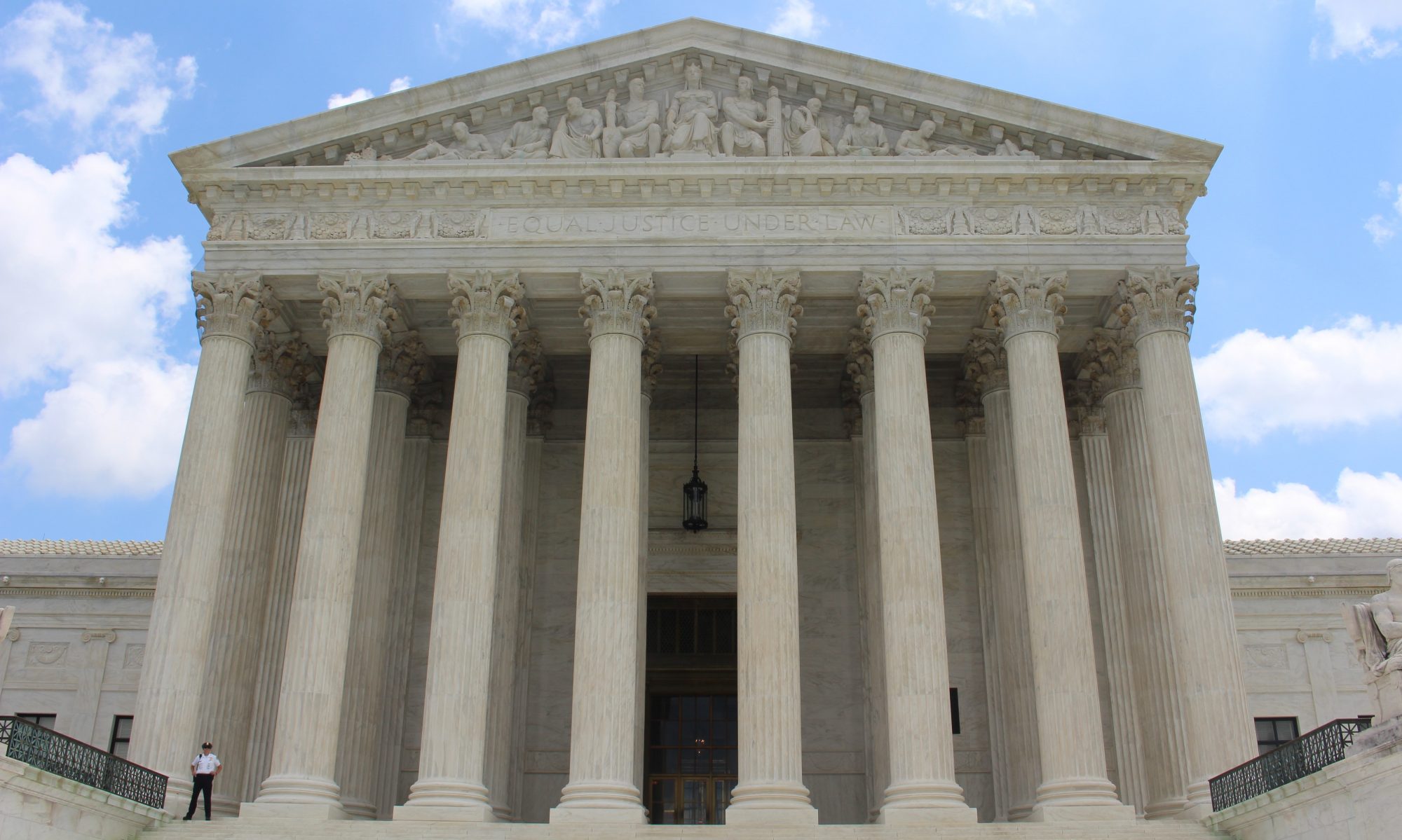C.A. Goldberg Victims’ Rights Law Firm is a New York law firm started by Carrie Goldberg that handles blackmail, extortion, sextortion, stalking an harassment, revenge porn, domestic violence, child victims rights, anti-abortion harassment, public figure crisis, Title IX, and deepfakes.
Volunteer Protection under Title VII: Is Remuneration Required?
Keiko Rose, Volunteer Protection under Title VII: Is Remuneration Required?
“This Comment discusses the test that should be used by courts to determine whether a volunteer is an “employee” under Title VII. Part I provides background information by summarizing Title VII and related Supreme Court cases. Part II describes the circuit split and the reasoning used by the majority and minority circuits. Part III proposes that the circuit split be resolved in favor of the minority circuits’ common law agency test, rather than the majority circuits’ threshold-remuneration test. This Comment argues that the majority circuits’ threshold- remuneration test is inappropriate because it conflicts with the Restatement of Agency, which the Supreme Court has used to shape its analysis in relevant cases involving Title VII and other areas of employment law. Part IV concludes that the minority circuits’ common law agency test and the corresponding Restatement of Agency mean that volunteers do not need to be closed off from Title VII protection by a remuneration requirement.”
#MeToo Meets the Ministerial Exception: Sexual Harassment Claims by Clergy and the First Amendment’s Religion Clauses
“In Hosanna-Tabor Evangelical Lutheran Church & School v. EEOC (2012), the Supreme Court unanimously held that the Religion Clauses of the First Amendment create a “ministerial exception” to certain employment laws. The ministerial exception bars claims by clergy of wrongful dismissal by religious institutions. In the years before Hosanna-Tabor, however, courts had ruled in four prominent decisions – two state, and two federal – that suits by clergy for sexual harassment based on a pervasively hostile environment could go forward, notwithstanding the ministerial exception. The rise of the #MeToo movement invites new and more detailed consideration of the tension between the policies behind sexual harassment law and the constitutional values protected by the ministerial exception.”
The Harasser’s Toolbox: Investigating the Role of Mobility in Street Harassment
Naming the Unspeakable Harm of Street Harassment: A Survey-Based Examination of Disclosure Practices
Effects of Street Harassment on Anxiety, Depression, and Sleep Quality of College Women
Online National Street Harassment Hotline
The Online National Street Harassment Hotline is a free, confidential, secure service that provides live help through the Stop Street Harassment website.
Street Harassment Research and Resources
The organization Stop Street Harassment has a helpful list of research and resources here.
Danielle Keats Citron, Hate Crimes in Cyberspace
Without My Consent
Without My Consent is an organization fighting against online harassment. They maintain a state law data base and conduct a survey about online harassment.
